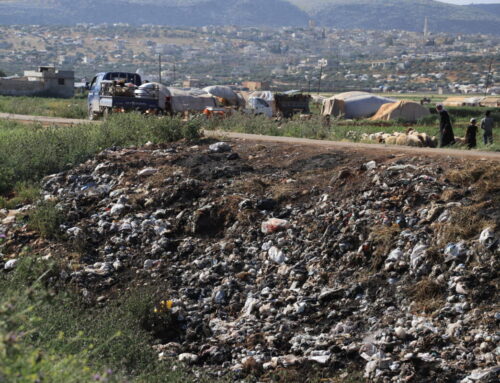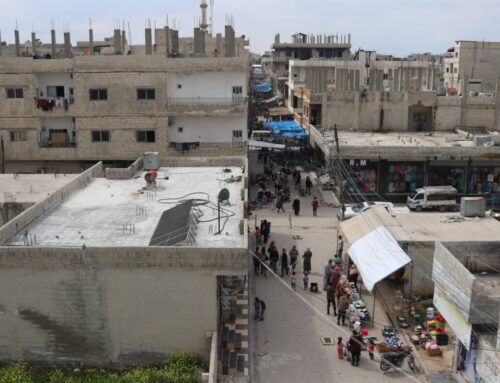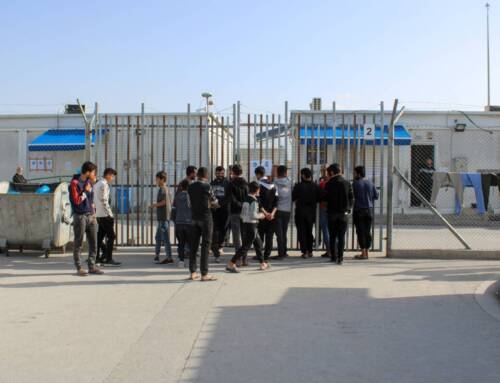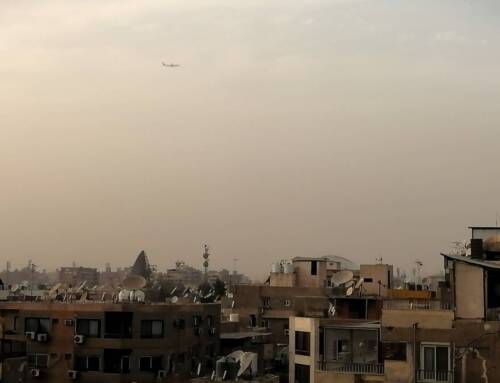Syria Direct: News Update 11-3-14
IS captures another gas field The Islamic State captured a […]
3 November 2014
IS captures another gas field
The Islamic State captured a gas field near the historical ruins of Palmyra in east Homs province from the regime on Monday, reported Dubai-based news channel Al-Arabiya.
This is the second gas field victory in the Palmyra area for the Islamic State over the past week and the third in the past four months.
IS also claimed to capture the nearby government gas company known as Jihar, according to IS-affiliated social media accounts Monday, circulating pictures of tanks and heavy weaponry reportedly taken from the gas company.
The Jihar gas company is one of the largest in Homs province and supplies the rest of the province with fuel.
Last Tuesday, IS killed 30 regime soldiers before taking control of three gas fields near Jabal Shar in the same area.
In July, IS briefly seized control of the Jabal Shar gas fields, killing 300 regime soldiers before being pushed out by the Syrian army 10 days later.

Checkpoint capture may break regime cordon in Homs
Rebels with the Feilaq a-Sham brigade captured the Dalak village checkpoint in the northeast Homs countryside from the regime Sunday, which they say will allow the movement of humanitarian aid and weapons into rebel-held areas north of Homs city, reported pro-opposition Smart News agency.
The goal of the surprise attack on Dalak was to open up “a path, or gaps” in the regime military cordon stretching across the northern Homs countryside “to facilitate the entry of military supplies, food and medicines” coming south from Turkey into rebel-held areas north of Homs city, Seif Abu Yazin, the alias of a media activist living in the Homs countryside, told Syria Direct Monday.
Feilaq a-Sham seized a Russian-made T55 tank and an ammunition cache after the battle, in which 17 regime soldiers and six rebel combatants died, reported Feilaq a-Sham’s media office.
Jobar holds out, barely
Syrian army forces supported by Hezbullah and National Defense (shabiha) fighters engaged in a fierce firefight with rebels along the edges of the rebel-held neighborhood of Jobar in Damascus late Sunday night, after pounding the area with artillery shells and machine gun fire during the day, reported the Syrian Observatory for Human Rights.
“The armed forced intensified their operations in the northern side of Jobar, continuing their progress after capturing a number of building blocks and destroying terrorist dens,” reported pro-regime al-Khabar Press Sunday.
Meanwhile, regime forces “were unable to advance towards Feilaq a-Rahman positions” during the assault, the rebel group located in Jobar wrote on their Facebook page Sunday.
The latest regime attack comes amidst unconfirmed rebel accusations that the Syrian army has launched canisters filled with chlorine gas into the neighborhood.
Yusuf al-Bustani, the alias of a media activist located in Jobar, uploaded a video to YouTube Sunday allegedly displaying a gas canister filled with chlorine recovered from inside Jobar.
The opposition frequently accuses the regime of launching chemical weapons attacks in contested areas. Such accusations, like the most recent concerning Jobar, are difficult to independently verify.
2,000 detainees reportedly dead in 2014
Nearly 2,000 Syrians have died in regime prisons and detention centers, including many from torture, since the beginning of 2014, according to a report released by the monitoring group Syrian Observatory for Human Rights on Sunday.
The report sheds light on the extent of what many activists say is an undercovered issue.
“The regime returned some of the bodies to their relatives,” said the report, “and then forced the families to take out a death certificate for the [deceased]…and sign permits saying the opposition killed them.”
SOHR said it used “documentary” sources to collect the information. The casualties could not be independently confirmed.
The London-based Observatory is one of the few organizations that still attempts to count the death toll of the Syrian war. The UN stopped updating its toll in January, citing increasing barriers to independent verification.
For more from Syria Direct, like us on Facebook or follow us on Twitter.







